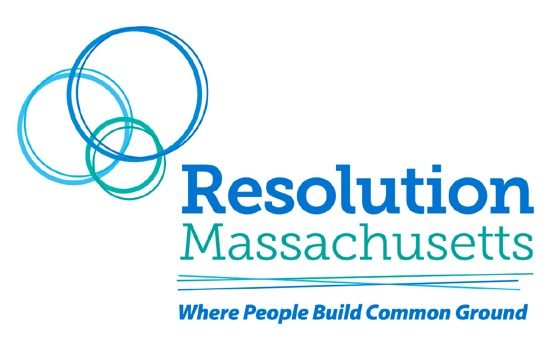Mediation
Mediation is a process where two or more people agree to be helped by a neutral third party mediator to resolve existing or potential conflict. Participants are encouraged to develop their own solutions by working together in a confidential process to understand what is important to each other, explore options and make their own decisions.
Unlike legal remedies, mediation gives people control over outcomes and can be used to build lasting relationships as well as offering skills to handle conflict in other settings. Agreements reached in mediation are more likely to last because those involved are making the decisions. It is often a quicker and more cost effective process than seeking a legal remedy.
Mediation is available in a wide variety of contexts:
Neighborhood (e.g. noise, property, animals, lifestyle differences)
Inter-personal
Workplace (e.g. co-worker and supervisor/employee disputes)
Business (e.g. consumer, business/business and community/business)
Family (e.g. couples, custody, parent/teen and elder issues)
Communities and local government (e.g. land use, policy decision making, school district changes)
Faith communities (e.g. policy, planning and hiring decisions affecting the community)
Landlord/tenant and shared housing (e.g. eviction, homelessness, living conditions, condo disputes)
School (e.g. between pupils, pupil/staff, among staff, parent/staff)
In fact wherever people encounter each other there can be conflict, and mediation can help resolve it.
Examples of specific mediation programs:
New in November 2020 - Housing Mediation Program. In response to the recent lifting of the housing moratorium in MA used to prevent eviction during the COVID-19 crisis, the MA Community Mediation Centers are offering free pre-court mediation between landlords and tenants for non-payment situations in addition to the summary process cases referred through the courts. This new statewide Housing Mediation Program administered with the MA Office of Public Collaboration (MOPC) and the MA Department of Housing & Community Development (DHCD) is part of the Governor Baker's comprehensive Eviction Diversion Initiative to mitigate the harmful economic impacts of COVID-19 and prevent homelessness by keeping tenants stably housed and landlords from mortgage foreclosures. Additional information on available help can be found here.
The Parent Mediation Program, supported by the State Department of Revenue, that provides 4 hours of free mediation for parents to discuss co-parenting, access and visitation.
Agricultural Mediation Program, supported by federal USDA funding, for agricultural and agricultural credit disputes.
Harassment Prevention Order cases, referred by District and Juvenile Court Judges, if the issues are best addressed through the confidential mediation process.

